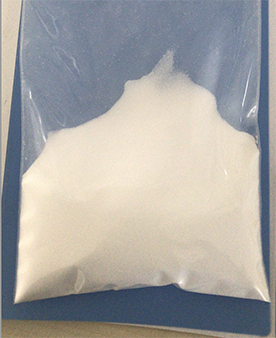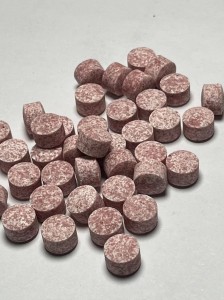Potassium peroxymonosulfate powder in SWIMMING POOL
Description
Potassium Monopersulfate (monopersulfate, KMPS or MPS) is a white, granular, free-flowing peroxygen that provides powerful non-chlorine oxidation for a wide variety of uses. It is the active ingredient in most nonchlorine oxidizers used for pool and spa/hot tub oxidation.Potassium monopersulfate is not a sanitizer or algaecide and must be used in conjunction with an sanitizer. The role of monopersulfate is to provide effective non-chlorine oxidation — in other words, to react with organic contaminants and maintain or restore water clarity.
APPLICATION
Always follow label directions when using potassium monopersulfate products to treat swimming pool and spa/hot tub water. Potassium monopersulfate is compatible with all sanitizer products and systems. When used with biguanide systems, follow the biguanide manufacturers’ specific recommendations for the use of potassium monopersulfate.
It is recommended for use in indoor and outdoor residential and commercial venues. While there is no specific test to determine when and how much monopersulfate should be applied, there are guidelines that can be followed to ensure proper use. The primary parameters to be tested are free and combined chlorine. Free chlorine should always be tested, and adjusted if necessary, to ensure proper sanitizer levels. Testing combined chlorine indicates the level of contaminants bound to chlorine and the need for supplemental oxidation.
Pool and hot tub water should be properly balanced. This requires testing of the pool water balance parameters of pH, carbonate alkalinity, calcium hardness, and stabilizer (i.e., cyanuric acid). In addition to testing the standard parameters, an overall assessment of pool and hot tub water and air quality should be performed. Poor water quality and/or apparent chloramine odor, are key indicators that oxidation is required.
Regular oxidation with potassium monopersulfate will help manage combined chlorine levels and problems associated with chloramines.










